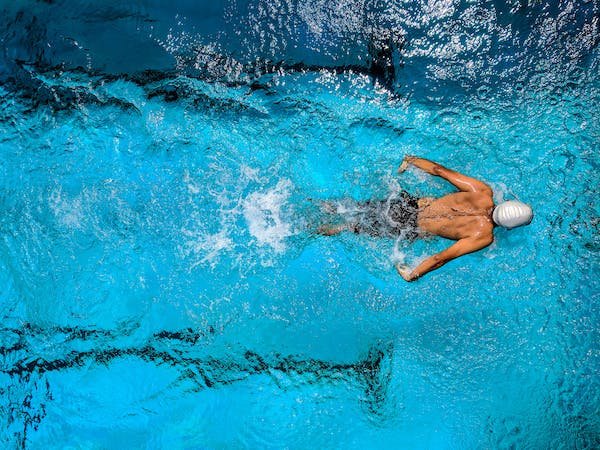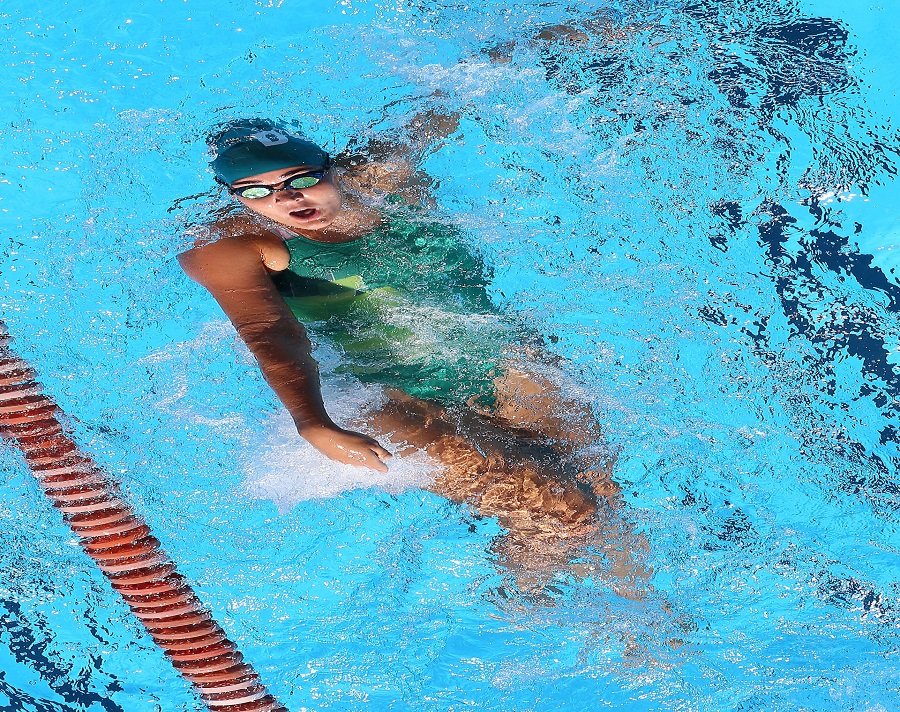
Summary
- Swimming is not only enjoyable but also a fantastic way to stay in shape and meet new people.
- You can continue swimming as a healthy activity for the rest of your life.
- Swimming is a low-impact exercise that is good for both your physical and emotional well-being.
- Make sure you can swim safely and that you know how to do it.
In Australia, swimming is among the most well-liked sports. Since there is water all around our country, swimming is one of our greatest passions.
Swimming is not only enjoyable but also a fantastic way to remain in shape, stay healthy, and meet new people.
You can continue swimming as a healthy activity for the rest of your life. It is a low-impact exercise with numerous advantages for both mental and physical well-being.
Recreational Swimming
Swimming is an excellent leisure pursuit for individuals of all generations. Swimming for recreation can help you feel good about yourself and provide you a low-impact workout.
Typical swimming techniques for leisure swimming include:
- Backstroke
- Sidestroke
- Breaststroke
- Freestyle
Swimming competitions
A few individuals who like swimming aspire to compete in it. This can offer both the excitement and fun of competition and the health advantages of an intense workout.
The primary swimming strokes utilized in competition are:
- Freestyle
- Breaststroke
- Butterfly
- Butterfly.
In competitive swimming, swimmers can cover anywhere from 50 meters in a pool to considerably longer distances in open water.

Swimming’s health advantages
Because swimming requires you to use your entire body against the resistance of the water, it’s an excellent kind of exercise.
Swimming is a healthy activity overall since it
- Maintains a healthy weight, heart, and lungs; increases muscle strength, endurance, and cardiovascular fitness; raises your heart rate while reducing the amount of stress on your body.
- Strengthens and tones muscles throughout the body since swimming works almost every muscle in the body.
Additional advantages of swimming
Other advantages of swimming include:
- Being a stress-relieving, calming, and tranquil type of exercise that enhances posture, balance, coordination, and flexibility
- Offering effective low-impact therapy for specific ailments and injuries
- Being accessible everywhere; swimming is possible in lakes, rivers, beaches, dams, and swimming pools. Make sure the area you decide to swim in is secure.
Beginning a swimming career
It’s simple to start swimming. It is a skill-based and fitness-based activity for all age groups. You will need to get some goggles and a pair of swimmers before you begin.
Everywhere in Australia, there are public swimming pools available to the public. Public pools are affordable to enter, and a lot of aquatic centers provide training and exercise groups in addition to lessons for swimmers of all ages.
Several general swimming advice
Prior to getting started:
- Ascertain your swimming proficiency.
- Select a secure setting and make sure kids are safe in the water.
- Before getting into the water, stretch and warm up your joints and muscles.
- Keep a lot of liquids on hand and sip on them frequently.
- In the beginning, don’t push yourself too hard.
- If you haven’t worked out in a long time, see your doctor.
FAQS:
What is the definition of swimming?
Swimming is the recreational and athletic activity wherein the body propels itself through water using a combination of arm and leg actions and its inherent ability to float. Swimming is a well-liked total-body workout that is especially beneficial for those with physical disabilities and for treatment.
What swimming can do to your body?
increases cardiovascular fitness, muscle strength, and endurance. aids in keeping your heart, lungs, and weight in a healthy range. strengthens and tones muscles.
How to do swimming exercise?
Afterwards, four groups of fifty meters each pull using paddles. If they are capable, have them swim 100 meters with proper technique, recovering for 20 to 30 seconds in between each rep.
Swimming is excellent for your skin.
Your face is gently exfoliated, which can leave your skin bright and vibrant. In addition to this, swimming in pool water treated with chlorine sanitizes your skin. Consequently, your face is free of the microorganisms that could lead to acne.



